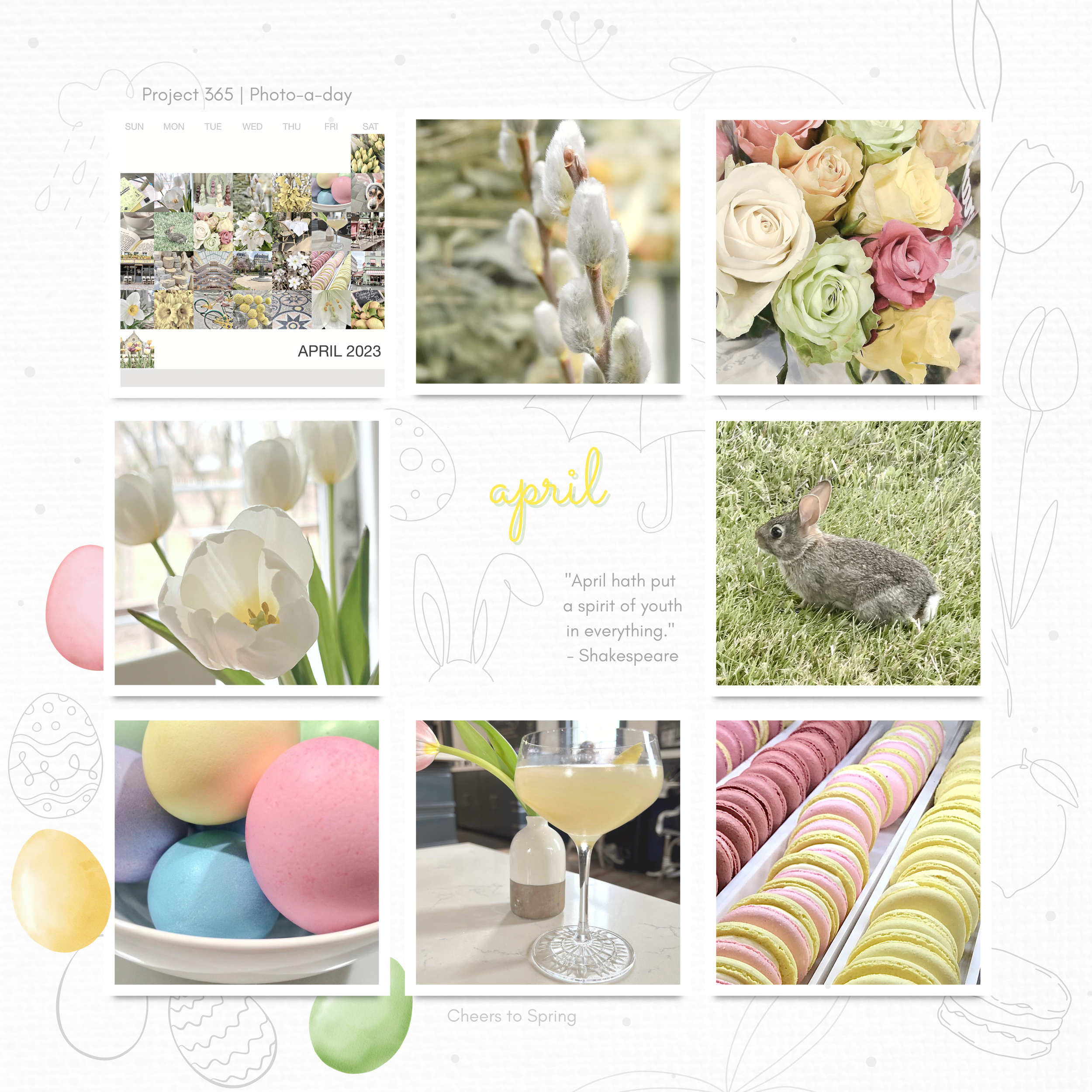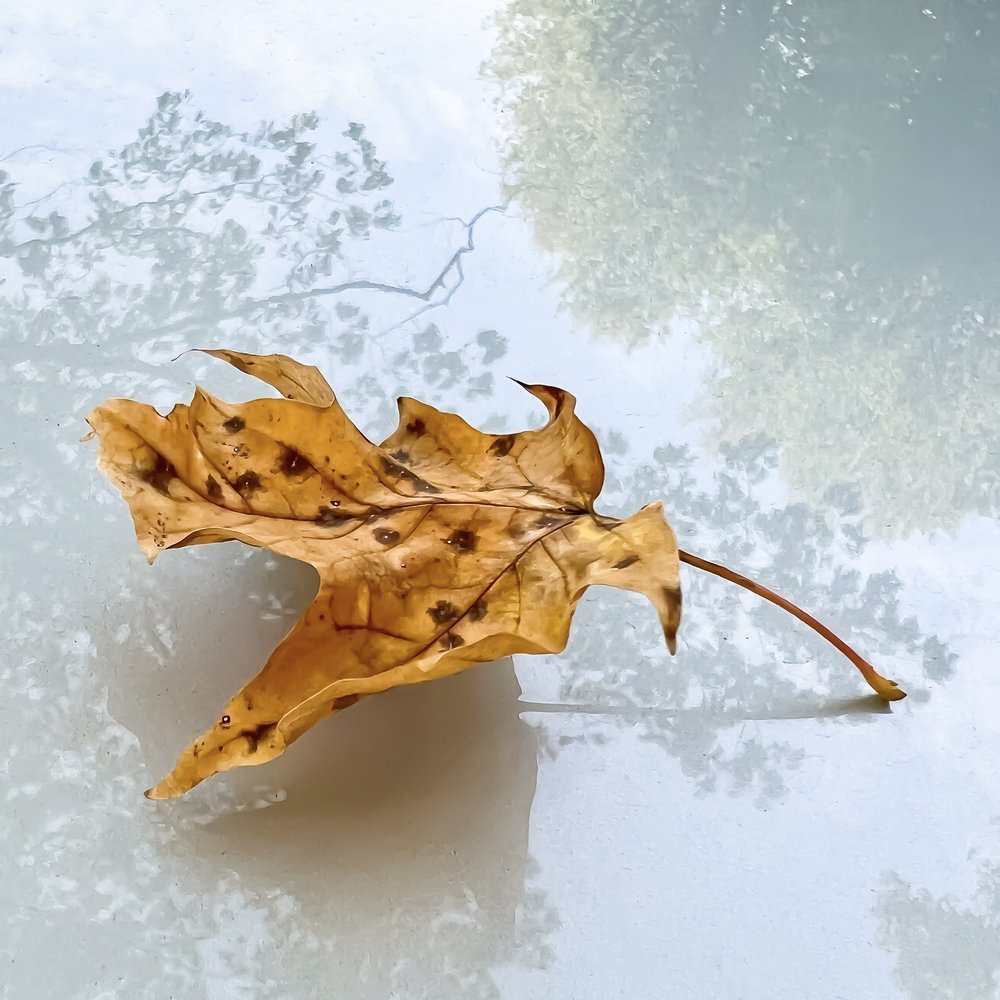“There are only two places in the world where we can live happy: at home and in Paris.” — Ernest Hemingway, A Moveable Feast
WATCHING:
Hemingway — “[The] three-part, six-hour documentary film by Ken Burns and Lynn Novick, examines the visionary work and the turbulent life of Ernest Hemingway, one of the greatest and most influential writers America has ever produced. Interweaving his eventful biography — a life lived at the ultimately treacherous nexus of art, fame, and celebrity — with carefully selected excerpts from his iconic short stories, novels, and non-fiction, the series reveals the brilliant, ambitious, charismatic, and complicated man behind the myth, and the art he created” (pbs.org).
I have been a Hemingway fan and scholar for over thirty years. I have read and re-read his work, researched, and ultimately, struggle to reconcile the soft spot in my heart for this man who could be so hard to love. It would, of course, be much easier to denounce him as a misogynistic, jealous, sometimes cruel and violent man who tragically succumbed to a family history of mental illness and suicide. Yet perhaps it is exactly these shortcomings that humanize the larger-than-life American legend. He was indeed a difficult, manly man, but he was also tragically a vulnerable, sensitive, lover of nature and women. Perhaps, too, in ways far less extreme he also reminds me of my own “Papa.” Like Hemingway, my dad was a product of his time; a man formed by the events of the 20th Century, by the tragedy and adventure of war, by family, and by love of the outdoors and respect for nature. He was kind and loving, but could be frustratingly stubborn.
Regardless of how one feels about Hemingway the man, his writing is undeniably brilliant — clean, unadorned prose that is wonderfully descriptive and poetic in its simplicity. Hemingway himself once said, “If a writer of prose knows enough of what he is writing about he may omit things that he knows and the reader, if the writer is writing truly enough, will have a feeling of those things as strongly as though the writer had stated them. The dignity of movement of an ice-berg is due to only one-eighth of it being above water. A writer who omits things because he does not know them only makes hollow places in his writing.”
Last summer, we had planned a trip back East. We were going to sail on an America’s Cup 12 meter and sip gin and tonics at Castle Hill in Newport, tour Mystic Seaport and eat Mystic Pizza, and visit friends on the Cape. Our final stop was to be Boston where I had been granted permission to view the Hemingway Collection at the John F. Kennedy Memorial Library. The collection spans Hemingway's entire career, and contains letters, photographs, and ninety percent of known Hemingway manuscript materials. Unfortunately, our trip was cancelled due to Covid-19 and the JFK Library has been closed for over a year. We hope to reschedule our trip later this year or when the museum re-opens.
Atlantic Crossing — “A princess steals the heart of the President of the United States in an epic drama based on the World War II relationship of Franklin Roosevelt and Norwegian Crown Princess Martha. Kyle MacLachlan (Twin Peaks, Sex and the City) stars as Roosevelt, opposite Swedish star Sofia Helin (The Bridge) as the beautiful Martha, who flees the Nazis with her three young children and lives under Roosevelt’s protection. The eight-part series co-stars Tobias Santelmann as Crown Prince Olav and Harriet Sansom Harris as First Lady Eleanor Roosevelt” (pbs.org). I knew nothing about this intriguing story and historic connection between the FDR administration and the Norwegians during WWII.
READING:
And So We Read On: How The Great Gatsby Came to Be and Why It Endures — “Maureen Corrigan, the book critic for Fresh Air and a Gatsby lover extraordinaire, points out that while Gatsby may be the novel most Americans have read, it's also the ones most of us read too soon -- when we were "too young, too defensive emotionally, too ignorant about the life-deforming powers of regret" to really understand all that Fitzgerald was saying ("it's not the green light, stupid, it's Gatsby's reaching for it," as she puts it). No matter when or how recently you've read the novel, Corrigan offers a fresh perspective on what makes it so enduringly relevant and powerful. Drawing on her experience as a reader, lecturer, and critic, her book will be a rousing consideration of Gatsby: not just its literary achievements, but also its path to "classic" (its initial lukewarm reception has been a form of cold comfort to struggling novelists for decades), its under-acknowledged debt to hard-boiled crime fiction, its commentaries on race, class, and gender” (Goodreads).
The Great Gatsby — Of course, I had to read it again.
Nick — “Before Nick Carraway moved to West Egg and into Gatsby's periphery, he was at the center of a very different story-one taking place along the trenches and deep within the tunnels of World War I…Nick reveals the man behind the narrator who has captivated readers for decades” (Goodreads). I wanted to like this book. I didn’t.
FEELING:
Proud of myself for rowing 100,000 meters by April 1st — that’s in the first twenty days with our Hydrow. I got a cool water bottle to prove it and I haven’t stopped since. I’m now approaching forty days in a row and 200K meters (special socks are sent at 250K). My next goal is to row sixty days when Hydrow will make a donation to water.org.
Eager for this strange and challenging school year to end — In the meantime, I still have 7.5 flex days to take before June 11th. Anyone want to play hooky with me?
ENJOYING:
The native wildflowers popping up in my back garden including hepatica, prairie trillium, bloodroot, Jack-in-the-pulpet, Virginia bluebells, May apples, great white trillium, and fiddleheads ferns.
PLANNING:
Pots for the porch and the deck — Here is a Pinterest board for inspiration. I do love how a simple Boston fern can soften a corner, but I have learned not to hang them by our front door since wrens like to nest in them. Although I have enjoyed watching the tiny speckled eggs hatch into baby birds that are “so ugly they’re cute,” wrens do not keep their nest clean (ick).
I hope to take a little weekend or even day trip to Door County while the cherry blossoms, trillium, lady slippers, and forget-me-nots are in bloom.































